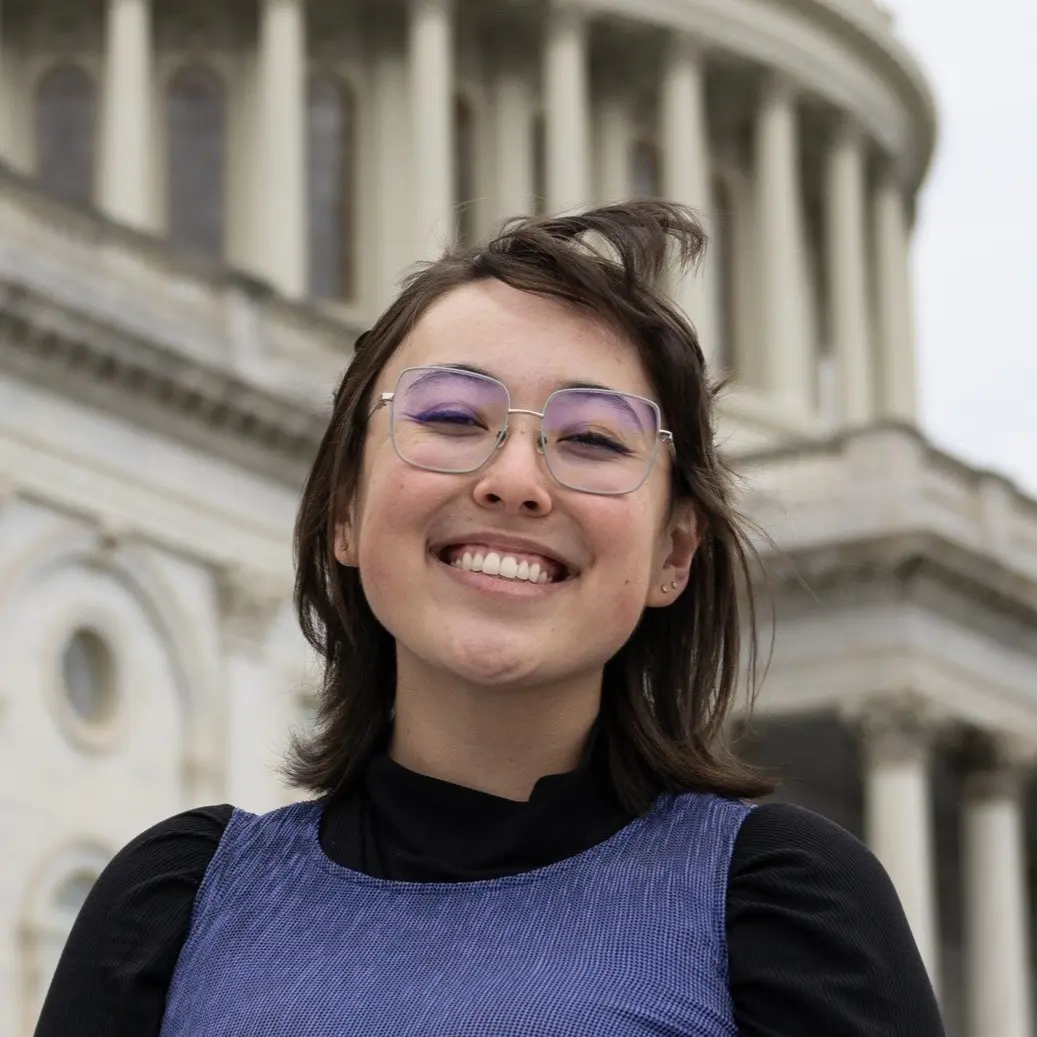The U.S. has over 987 openly LGBTQ elected officials, and we’ve made the case for why representation matters time and time again. However, just 3,510 miles from Washington, DC, LGBTQ people in Nicaragua have zero representation when it comes to openly LGBTQ elected officials at any level of government or elected office. And, in recent weeks, it has ultimately become criminalized to even organize as an LGBTQ and human rights movement under President Ortega’s rule.
What is happening right now in Nicaragua is a stark reminder that we must not take democracy for granted. We are all collectively responsible for protecting democracy everywhere, and in that practice, we must continuously identify the impacts of failing democracies on those farthest removed from power – especially LGBTQ people who often shoulder compounding burdens of a society.
In Nicaragua’s case, preserving democracy will be a challenge since President Ortega has amassed an unprecedented level of power. As the country transitions into the upcoming November election cycle, Ortega has positioned members and allies of his political party, the Sandinista National Liberation Front, in key leadership roles in the electoral commission, the judiciary, and legislative bodies. Ortega’s power is on the rise and his laws are beginning to define his dictatorship at an unparalleled pace.
In 2020, he signed the “Foreign Agent Law” that targets and deters the work of human rights and democracy defenders under the guise of combating imperialism. This law states that any person or organization receiving funding from abroad must register as a “foreign agent” with the Interior Ministry, and actively disclose all personal and business finances to the state. (It is important to note that most of the funding in Central and South America for human rights, anti-corruption, journalism, LGBTQ rights, Reproductive Rights, and so on, comes from the European Union and the United States.) Not coincidentally, those who do register as “foreign agents” are prohibited from running for office and branded as “traitors to the homeland” and “terrorists” attempting to “encourage foreign interference” in Nicaragua—effectively using his power to silence, criminalize, and disqualify any opposition to his governance. In relation to this law, Ortega has arrested at least 13 political challengers and high profile opposition leaders with charges of treason, laundering, and other alleged crimes against the state.
Political parties have also been de-platformed under Ortega’s attack on the November elections. In recent months, the electoral commission stripped two opposition parties of the ability to run candidates and campaigns in the upcoming elections. Among the candidates for these parties are opposition progressives who have expressed support for issues including same sex marriages and reproductive justice—lending a view into the challenges facing LGBTQ political leaders in the region.
In a 2019 interview with LGBTQ+ participants of Victory Institutes’ Central American regional political leadership training, a gay activist from Chinandega, Nicaragua expressed, “The disinformation campaign[s] [created by the government are] directly targeting LGBT activists who have played a visible role in the struggle.” The Nicaraguan government has defamed protestors and labeled them as “right-wing terrorist murderers,” and in 2018, murdered, disappeared, and imprisoned protesters.
Ulises Rivas, a gay activist and founder of Asociación Hijos del Arco Iris LGBTI (Association Children of the Rainbow LGBTI) says “[t]he payment for these protests has been death, jail and exile.” After fleeing from violence and helping other Nicaraguans in exile through his organization in Costa Rica. Rivas returned to Nicaragua to take care of his dying father and was arrested, tortured, and sentenced to 4 years in prison.
LGBTQ people and advocates in Nicaragua urgently need the global human rights community to take note and denounce President Ortega’s attacks on democracy. If we are committed to justice and representation for LGBTQ people, that includes justice and representation for our people in Nicaragua and around the globe. As we witness the birth of the next dictatorship in Central America, it is our duty to interrogate how our society, and actions as an LGBTQ community have impacted the lived experiences and life outcomes of LGBTQ people in the region.


